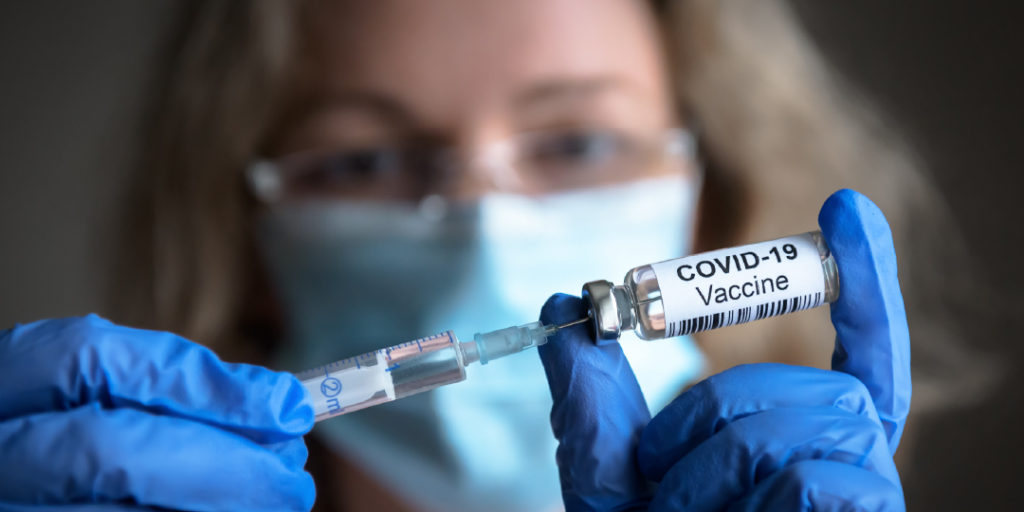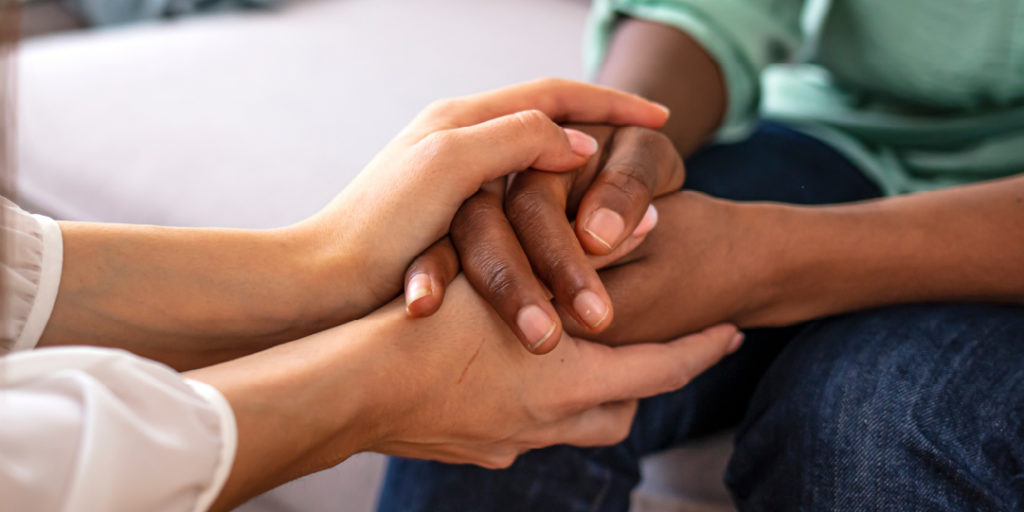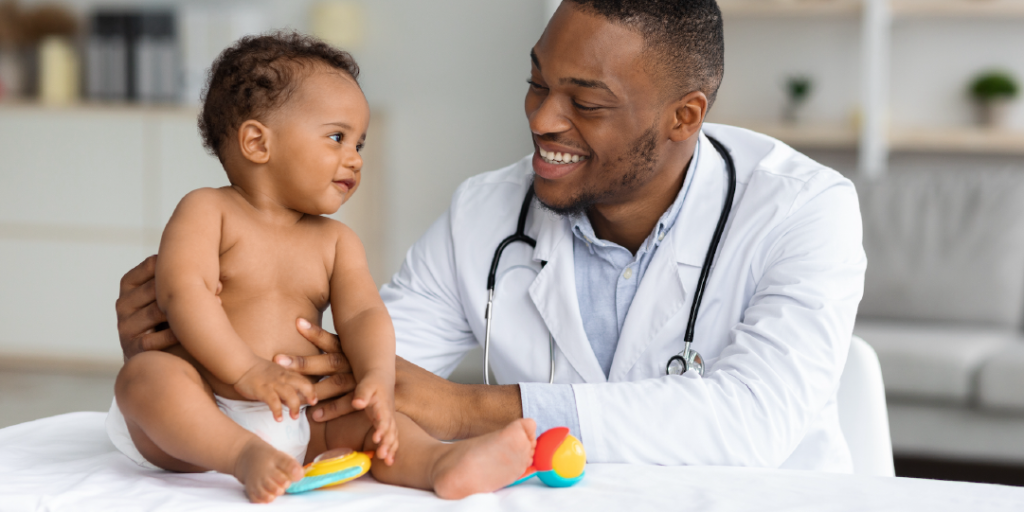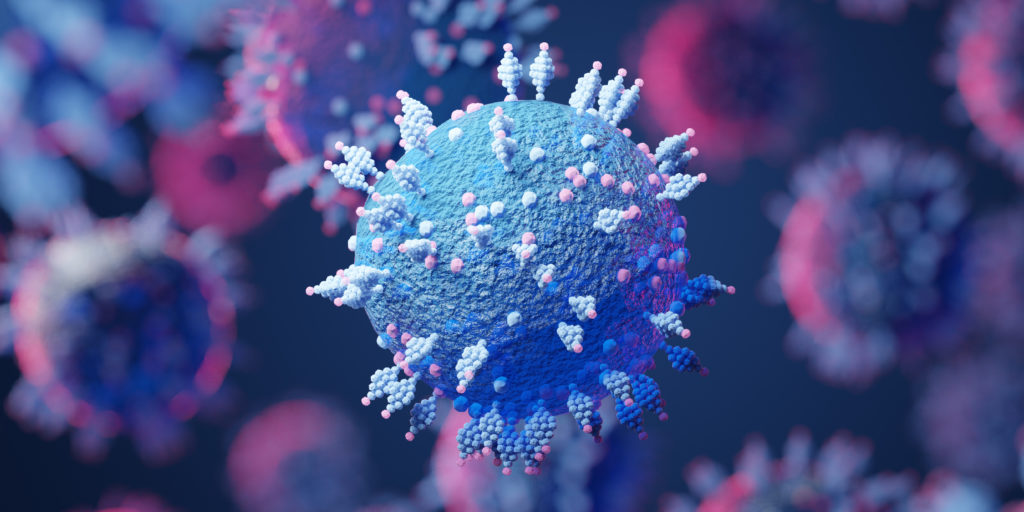After recovering from a mild or more severe case of COVID-19 infection, you may ask yourself how soon you can get the vaccine, or if you should get vaccinated at all. From what you learned in science class, you might think your immune system should be built better to fight the virus, but the science behind that thought is a little more complicated.
To explain more on why this is the case, we put together the following information on why you should wait to be vaccinated, and more on the recommendations from the Centers for Disease Control and Prevention (CDC) and other medical professional organizations.
How Soon after Recovering Can I Get the Vaccines?
After you recover from the virus and finish your isolation period, you can immediately get the COVID-19 vaccines.
However, your timeline also depends on: if you were asymptomatic, experienced mild symptoms, had moderate to severe symptoms, or are immunocompromised. As a note for the information below, your timeline begins with the day you noticed symptoms or tested positive and started your isolation, (Day 0).
Asymptomatic
If you are asymptomatic, meaning you showed no symptoms, you must isolate for no less than five days after your positive test results. However, if you showed symptoms when you tested positive but eventually developed symptoms, your timeline starts over again at Day 0.
Next, it is highly recommended you take an antigen test to confirm if you are negative or positive. If the results are positive, you should stay in isolation until Day 10. If they are negative, you should schedule your vaccination appointment.
Mild Symptoms
If your symptoms for COVID-19 were mild, you should also be isolated for five days. When it is Day 6, you no longer have to isolate yourself, but only if you do not have a fever without the use of fever-reducers and your symptoms are improving. You may also receive the vaccines at this point.
Afterward, you should also continue to wear a high-quality, well-fitted mask for five more days. Similar to if a patient was asymptomatic, follow your isolation with an antigen test and, if tested positive, continue to isolate for five more days.
Moderate to Severe Symptoms or Immunocompromised
The guidelines for these conditions are similar to the others above in that you must isolate yourself for five days then continue wearing a mask for five more days.
The CDC recommends other important restrictions that include:
- Do not go to any places where you would need to take off your mask, e.g. a restaurant.
- Eliminate contact with immunocompromised or high-risk individuals for five more days.
- Do not make any travel plans until ten days have passed since Day 0.
You may get any of the COVID-19 vaccines after your initial five-day isolation period, but you will need to wear a mask to your appointment.
Is COVID-19 Vaccination Still Necessary, Even After Getting the Disease and Recovering?
The CDC recommends that you receive the vaccine after you recover from COVID-19. No vaccine for any virus is 100% effective at preventing infectious diseases, but the COVID-19 vaccines and booster shots will better protect your immune system against the virus to prevent you from getting severely ill or hospitalized.
Research on vaccinated versus unvaccinated patients revealed that getting the COVID-19 provides extra protection. One of the studies showed that unvaccinated COVID-19 recovery patients were more than two times likely to get the infection again compared to those who receive the vaccine.
Getting the primary vaccines series and booster shots can also help your immune system fight against the omicron variant.
Why Do I Get COVID-19 if I Already Had it and Have Antibodies?
You can still get a COVID-19 infection after you recover from the virus. Getting sick does offer some protection with “natural immunity,” but that protection may vary depending on how mild or severe your illness was, the time passed since then, and your age. There is also uncertainty if the protection your antibodies provide will be a long-term solution.
Even patients that were treated with mononal antibodies or convalescent plasma are advised to not delay receiving COVID-19 vaccines and the booster dose.
Am I Required to Get Vaccinated if I Recover from COVID-19?
There is currently no law requirement that U.S. citizens must be vaccinated, but you will have to live with restrictions. For example, you need to show proof of vaccination and a negative test result to travel in and out of the country. Some businesses also require to see your vaccination card, and it is their right to refuse you service, similar to the common “no shoes, no shirt, no service” policy. Your own place of work may ask of your vaccination status or mask rules.
The Centers for Disease Control and Prevention has been looking after public health since the pandemic started. When new research and studies come out, they update their guidelines, but a consistent recommendation is that you get vaccinated to better protect yourself and your loved ones.




